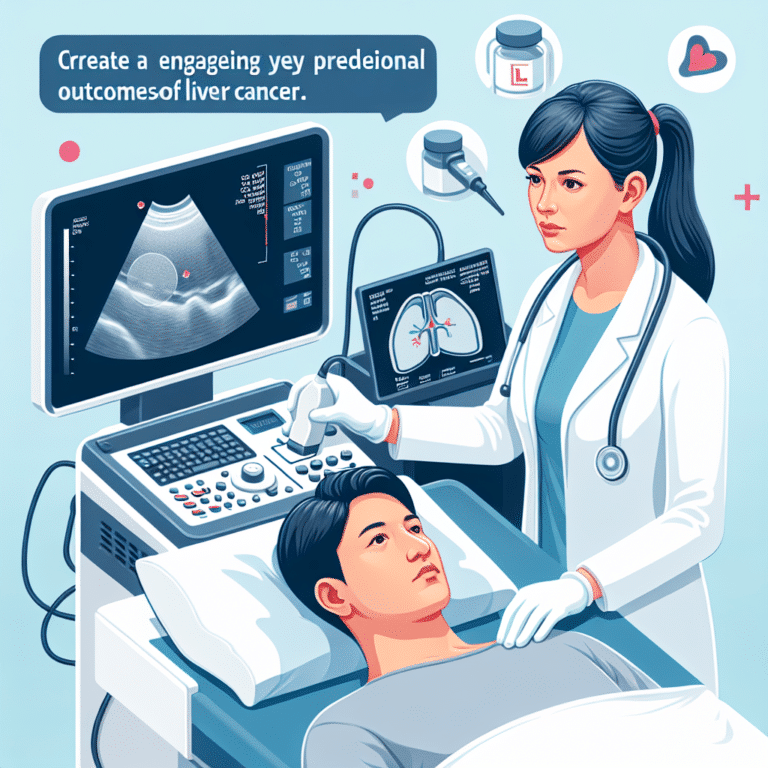Cutting-edge ultrasound technology is revolutionizing the diagnosis and management of hepatocellular carcinoma, offering precision and hope for improved patient outcomes.
- Early detection and accurate diagnosis of hepatocellular carcinoma (HCC) are crucial for effective management and improved survival rates worldwide.
- Ultrasound (US) technology has significantly advanced and plays a pivotal role in HCC surveillance, diagnosis, and treatment, offering non-invasive, cost-effective, and convenient imaging techniques.
- Techniques such as two-dimensional gray-scale ultrasound, Doppler ultrasound, contrast-enhanced ultrasound, tissue harmonic imaging, ultrasound elastography, and ultrasound fusion imaging provide unique advantages for detecting and treating HCC.
- Advancements in ultrasound technology aim to improve the effectiveness of HCC surveillance by enabling early detection, timely treatment, and enhanced patient outcomes.
- Continued research and development in ultrasound technology hold promise for further improving the accuracy and efficacy of HCC management, ultimately leading to better patient outcomes.
Source link
Gastroenterology,Oncology,Radiology


